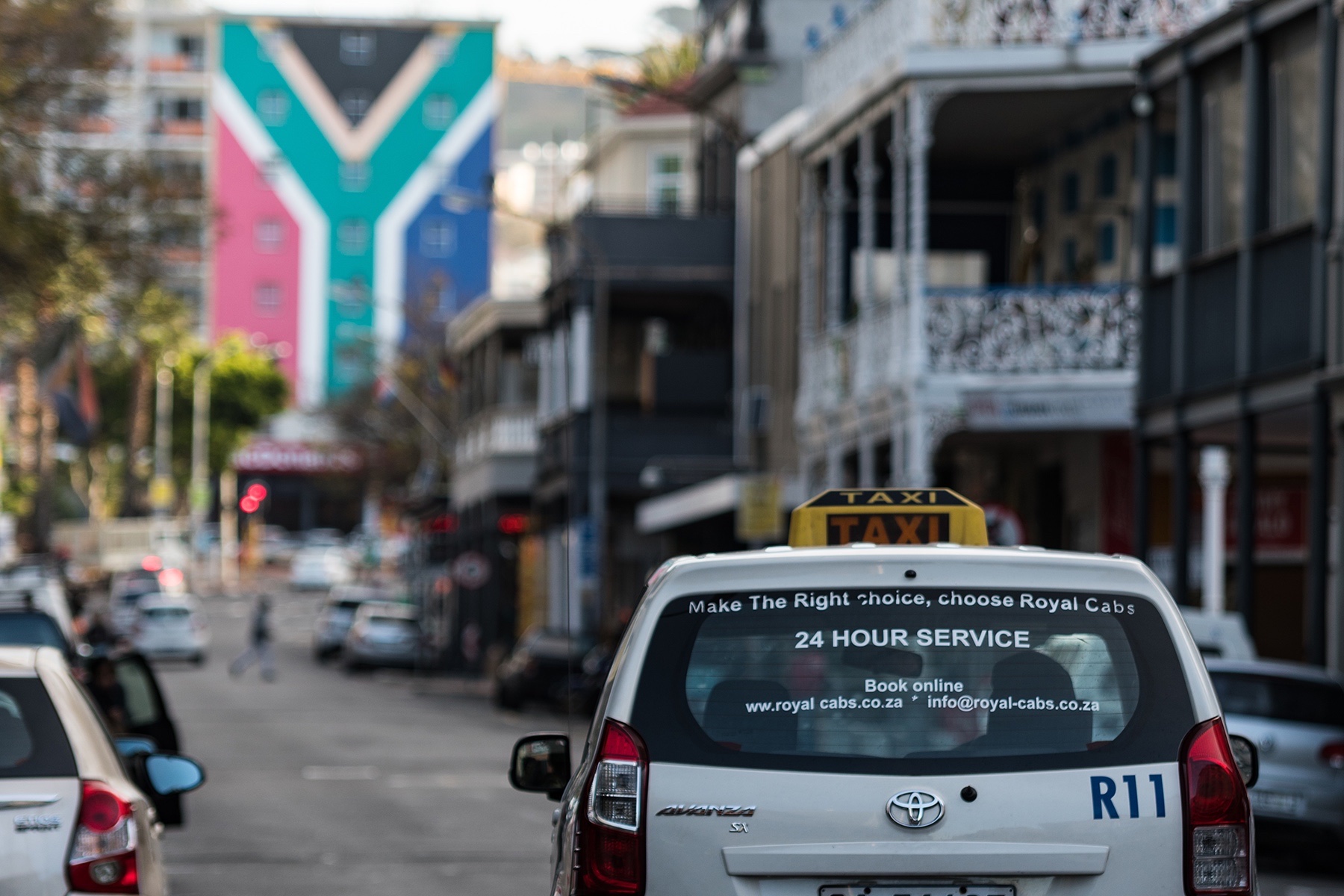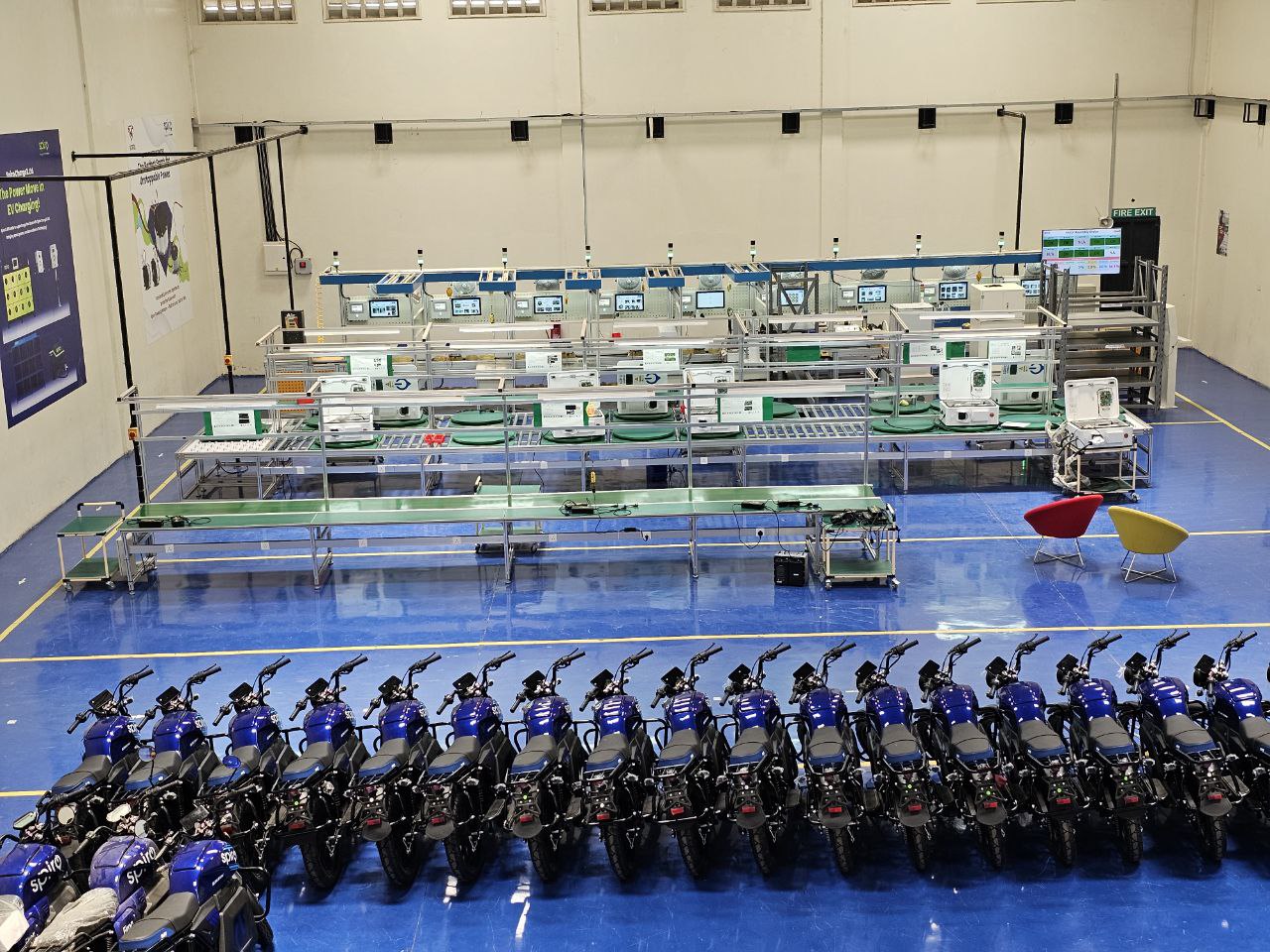South Africa’s largest public transport association has entered the country’s ride-hailing market. It aims to challenge the dominance of Uber, Bolt, inDrive and others.
After years of squabbling with the likes of Uber and Bolt, the South African Taxi Council (SANTACO) has reached a partnership agreement with three South African ride-hailing services. Through the agreement with Teksi Ride, Shuma and Yo!Taxi, members of SANTACO, who operate metered taxis and minibuses, will be able to offer ride-hailing services. Drivers on other platforms can sign up for the service after registering with SANTACO and drivers are also free to sign up for all the services concurrently.

A spokesperson for the association said they engaged the three platforms after conducting extensive due diligence to identify a partner for their ride-hailing play. Each platform has its established geographical strength, ensuring that SANTACO members everywhere can find rides. For example, Shuma’s stronghold is Durban while Yo!Taxi is mainly available in Johannesburg and Pretoria.
“We identified that technology is part of every aspect of our lives and public transportation is no different, “ Sibongeseni Shange, SANTACO’s meter taxi deputy chairperson, told TechCabal. “With that in mind and the issue which currently plague ride-hailing in the country, we decided to enter that market.”
One of the ride-hailing companies SANTACO has partnered with is Teksi Ride, founded in 2020 by Prince Pirikisi. SANTACO-registered drivers can sign up on Teksi Ride and find passengers. Teksi charges passengers R8.50 per kilometer and will take a 20% commission from drivers. Teksi will also also vet drivers and passengers to ensure safety. Given the amount of scrutiny Uber and Bolt have faced over lax safety measures, this is an important selling proposition. The company will also offer a panic button within vehicles as well as a 24-hour call center as safety incentives.
“The safety measures that current players in the market have in place are so easy to bypass,” said Pirikisi “Additionally, these drivers are not answerable to any organisation which makes investigating criminal cases complex,” Pirikisi told TechCabal.
SANTACO also cites the fact that drivers, passengers and law enforcement officials can easily reach out to the association in case of complaints and investigation as an important sell point of its ride-hailing service.
Competing on innovation and convenience
Per South African transport law, ride-hailing companies must at least have public transport operator licenses. The companies then lease these licences to drivers who use their platform–at least that’s how it should work in theory. In practice, most drivers on ride-hailing platforms don’t have these licences. SANTACO has argued for years that without these licences, drivers on ride-hailing platforms are operating illegally. There have been demonstrations that have sometimes turned violent, with protests earlier this year leading to the death of two Uber drivers in Johannesburg.
SANTACO’s entry into ride-hailing will mean the association can focus on healthy competition. Shange claims that a significant number of drivers on other platforms have signed up on the SANTACO-backed ride-hailing platforms despite the fact that they’re still in the test phase. Another selling point from SANTACO is that by virtue of being members of the associations, despite being independent contractors, they would get membership amenities like car insurance and healthcare which incumbents do not offer.
An interesting battle ahead
Despite having been celebrated for their convenience and affordable pricing when they arrived in South Africa in the mid-2010s, international ride-hailing platforms have faced scrutiny in the country lately. They have been accused of operating illegally and driving metered taxis out of business; drivers have also argued that the commission they pay eats into most of their profits.
Yet SANTACO too is not without blemish. It has been accused of operating like a mafia by using its position as a representative of the country’s major public transport operators to bully competitors. As it enters the ride-hailing market and into direct competition with platforms it once wanted banned, it will be interesting to see how the ride-hailing competitive landscape evolves in South Africa.
Have you got your tickets to TechCabal’s Moonshot Conference? Click here to do so now!





















